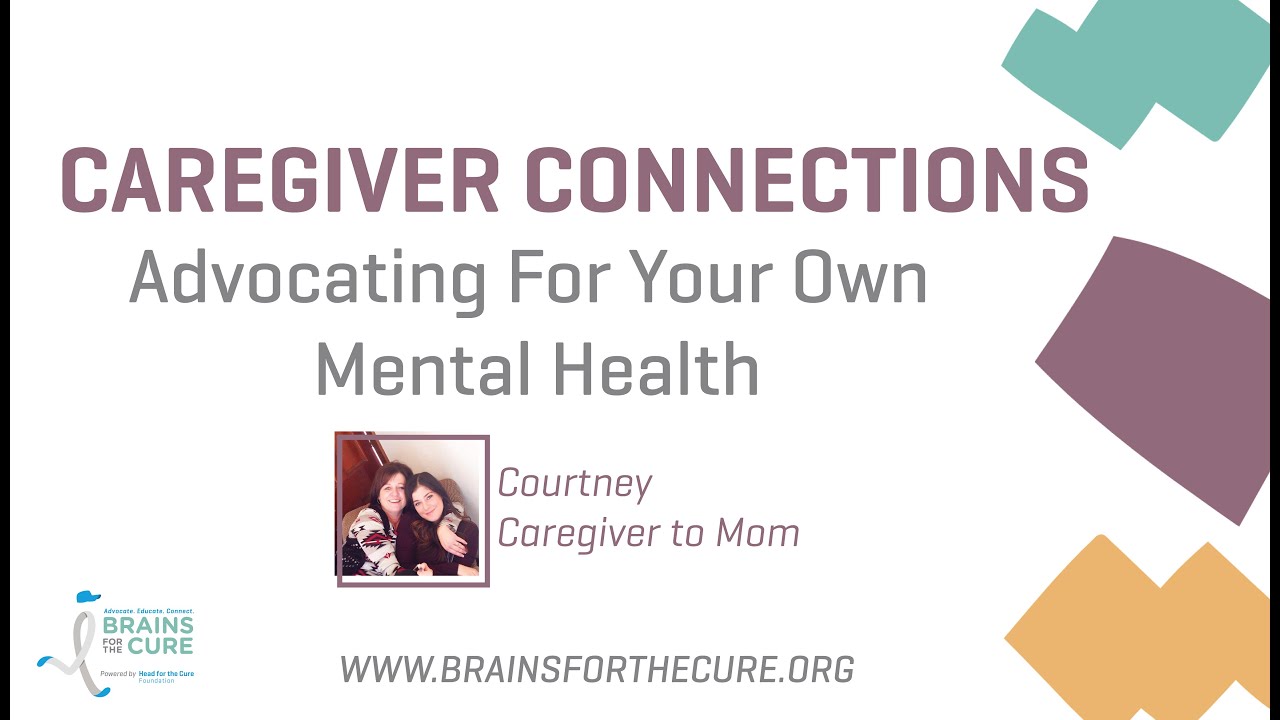
Caregiver Questionnaire
E: Caregiver - Navigating anger & fear
Emotional
Emotional - Lack of Resources
Emotional: Maintaining Hope
JPH Guide
Holding On To Hope
The emotional impact of a brain tumor diagnosis can be profound, affecting both patients and their caregivers. Journaling emerges as a powerful and accessible resource to navigate the complexities of this journey. This article explores the therapeutic benefits of journaling and provides prompts to guide individuals in their expressive process.
Journaling serves as a safe and confidential space for individuals to explore their thoughts, feelings, and experiences. For brain tumor patients and caregivers, it can become a valuable tool to cope with the challenges encountered. Expressive writing has been shown to reduce stress, improve emotional well-being, and provide a sense of control over one’s narrative.
Prompts for Reflection:
- Reflect on Diagnosis: Describe the moment you received the diagnosis. How did you feel? What thoughts crossed your mind during the initial days after diagnosis?
- Coping with Uncertainty: Explore your thoughts and emotions about the uncertainties ahead. How do you find moments of calm and stability amidst the unknown?
- Self-Discovery Amidst Challenges: Reflect on personal strengths that have emerged during this journey. In what ways have you discovered resilience within yourself?
- Navigating Caregiver Responsibilities: Describe a moment when you felt overwhelmed as a caregiver. What coping strategies have you found effective in managing caregiver responsibilities?
- Finding Joy in Everyday Moments: Write about a small moment that brought joy during challenging times. How do you incorporate moments of positivity into your daily routine?
- Communication and Connection: Explore your experiences communicating with healthcare providers, family, and friends. How has open communication supported your emotional well-being?
- Setting Goals and Aspirations: List short-term and long-term goals related to your health and well-being. How do these goals contribute to your sense of purpose and hope?
Consistent journaling establishes a reflective practice that evolves over time. Individuals may revisit entries to observe personal growth, track patterns, and gain insights into their emotional landscape. Additionally, journaling can be a valuable communication tool between patients, caregivers, and healthcare providers, facilitating open and honest conversations.
Journaling emerges as a therapeutic resource, providing a space for brain tumor patients and caregivers to process emotions, find clarity, and foster resilience. By engaging in regular reflection through journaling, individuals embark on a healing journey that contributes to their overall well-being.
Read More


